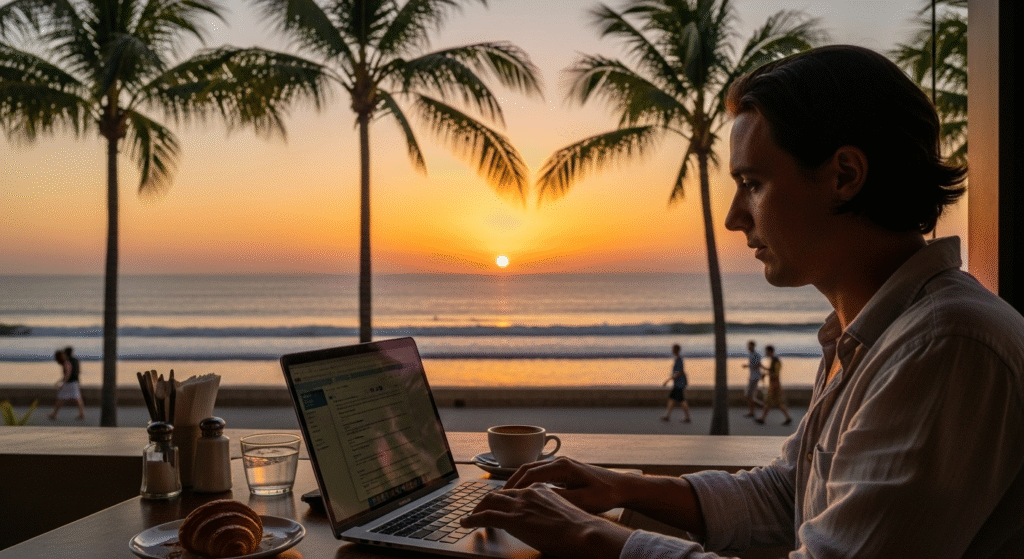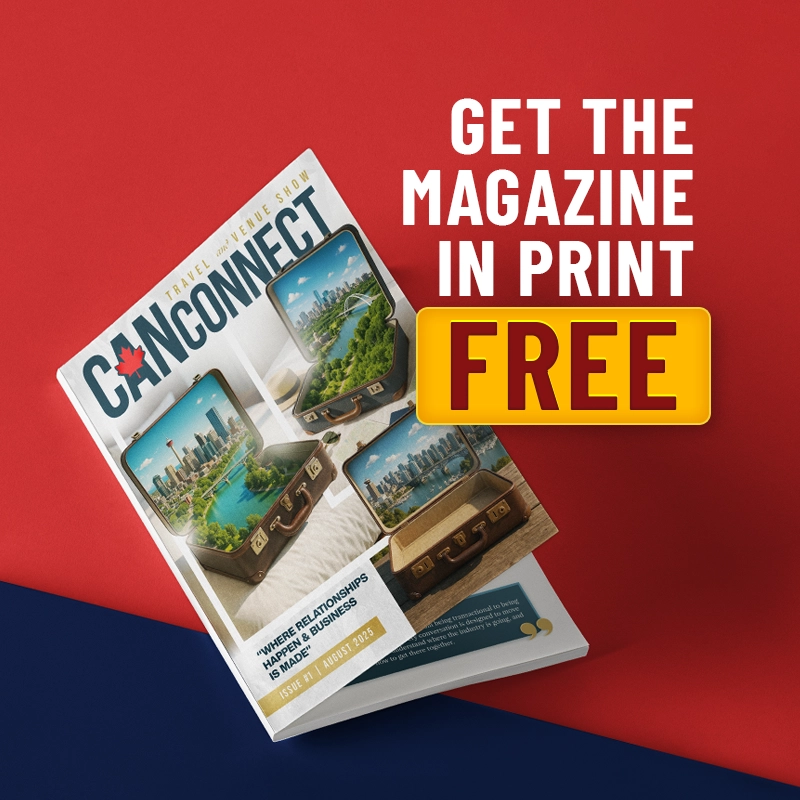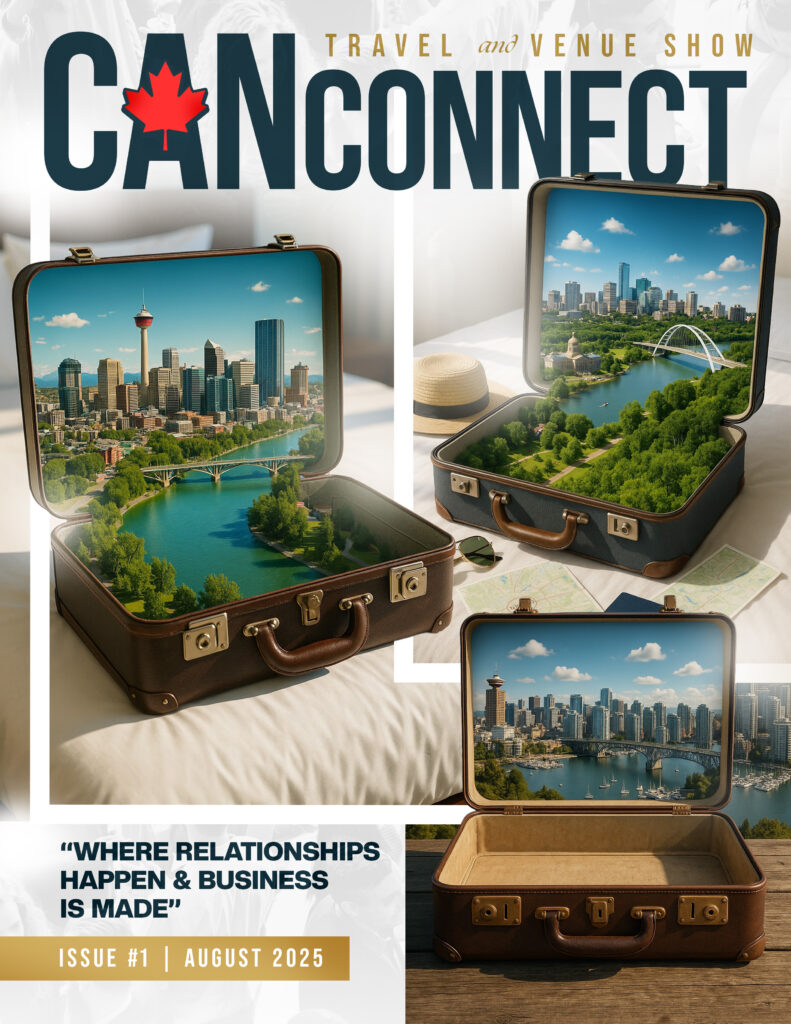What used to be a business trip is now something else entirely. More people are blending travel with purpose. Stretching a two-day event into a full week of remote work, local exploring, and low-stakes relaxation. It’s what some are calling the travel-work-event sandwich: a smarter way to mix productivity, connection, and downtime in one trip.

This shift has grown quickly in the post-remote world. Data reveals that 76% of business travelers say they plan to extend a work trip for leisure this year. And it’s not just a one-off. With flexible schedules and work-from-anywhere setups, travelers are designing full experiences around short events.
More than just “bleisure”
This isn’t the old model of tacking on a sightseeing day, now it’s intentional. A conference becomes the entry point, but the real value is in the space around it, like arriving early to work from a boutique hotel or staying on for a local festival, wellness break, or creative workshop.
Retreat planners and event organizers are adapting fast. Many now build in soft starts, flexible arrival days, or wellness sessions between panels. Some partner with nearby cafés, co-working spaces, or tour providers to offer extensions that feel like part of the event experience.
The infrastructure is catching up
Work-friendly hotels, co-living brands like Selina and Outsite, and digital-nomad-ready cities like Lisbon, Medellín, and Montréal are actively shaping this new rhythm. They offer fast Wi-Fi, social spaces, and work setups that make staying longer feel natural—not like an exception.
Booking.com’s 2024 report also shows a clear demand: over half of global travelers now want trips that support their lifestyle, not interrupt it. That means destinations that welcome remote work, encourage longer stays, and offer something meaningful beyond the agenda.
A smarter way to travel
For travelers, the appeal is obvious. One flight becomes three experiences: professional growth, personal renewal, and cultural exploration. For cities and tourism boards, it’s a new kind of visitor—one who stays longer, spends more thoughtfully, and connects deeper with the local scene.
And for planners? It’s a chance to design events that don’t just deliver information—but anchor richer, more flexible experiences that people actually remember.


